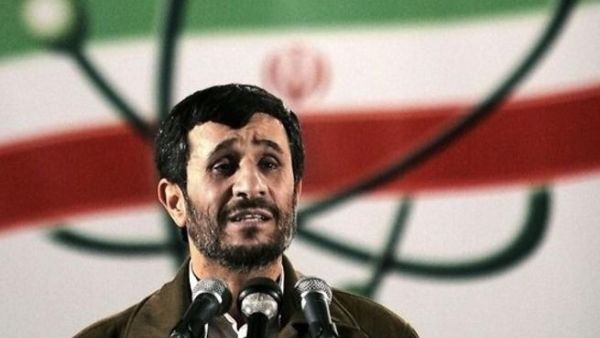A decade on from the first talks between Iran and the western powers, it looks like the Persian state might be about to change its stance on nuclear power. Some are pointing to the upcoming elections, others to the Syrian war but whatever it is, this pariah nation could be about to join the rest of the world again.
The latest round of negotiations in Almaty, Kazakhstan, have been cautiously optimistic. The only real agreement that the western parties could come to was to keep on talking but it is the Iranians that sound gung-ho.
“I call it a milestone. It is a turning point in the negotiations,” Iranian foreign minister, Ali Akbar Salehi told Australian broadcaster ORF on Thursday.
“We are heading for goals that will be satisfactory for both sides. I am very optimistic and hopeful,” he added.
Although Iran has always insisted that it is not in the process of making a nuclear weapon, the Shia state’s behavior would suggest otherwise. The latest news that the Persians were trying to buy nuclear testing magnets in bulk and had found a whole host of new uranium deposits did not bode well.
But all parties agreed that the notorious western sanctions on Iran should be up for discussion at these latest talks. Since 2006, when President Ahmadinejad stopped allowing International Atomic Energy Agency inspectors around his nuclear facilities, the economic results have been crippling.
So perhaps it is a pragmatism that is drawing Iran into negotiations once more. The rial currency crisis in October last year was largely blamed on the nuclear sanctions and Ahmadinejad has been fast losing popularity with voters over the state of the economy.
However, the latest find of sixteen uranium deposits would allow the Persian state to bypass many of the sanctions, meaning this is not an entirely economic decision. Some commentators are looking to a regional answer instead.
With neighboring Iraq now Shia-led and Iranian ally, Hezbollah, flexing its muscles in both Lebanon and Syria, perhaps Iran has stopped feeling like the regional outcast? A more confident Iranian nation doesn’t need to be waving around the threat of nuclear weapons as regularly.
Equally, with elections looming and Ahmadinejad off the table for the presidential race, the real powers behind the throne could be looking to moderate their stance for a new leader. The usual suspects are up for the vote in June but there are also some surprise reformists in the mix.
So as the West and Iran move on to the next round of talks, with both sides apparently willing to make concessions, there could be a breakthrough at last. Just in time for a new president.
Do you think Iran will give up on nuclear power? Is there a chance that they'll change? Share your thoughts with us below.







